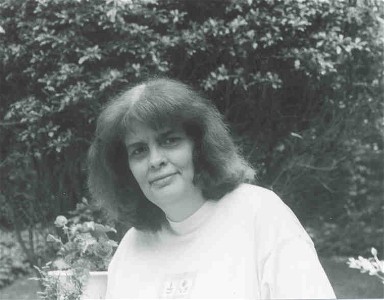

 On Why I Write Poetry
On Why I Write Poetry
I loved reading, ever since I was a child, but someone had to suggest that I become a poet. I originally wanted to be a marine biologist. My parents took me to visit a marine biology research institute on one of the San Juan islands in Puget Sound and I was fascinated by the sea-life I saw there. Even now I write poetry about horseshoe crabs and jellyfish.
In 9th grade my English teacher suggested I become a writer. She said I could successfully create a mood. She gave me Theodore Roethke to read. (Now he is my favorite poet). I began writing poetry when I was 16 but at that time I was just playing with the sounds of words. It took another teacher to help me learn to express my feelings through poetry, and try to transform the often sad material of life into something meaningful.
I have written some poems about my childhood. I have some father poems. They are included in my chapbook "The Street Where I Was A Child." My best friend died about two years ago and I wrote many elegies for her---enough to fill a book. As the grief recedes, the poems deal less with death and more with pleasant aspects of our life together.
I like to write about animals and am active in the animal rights movement. I am a member of The Fund For Animals, write letters for The Humane Society and other groups.
I continue reading. I recently translated The Seafarer (an Old English poem) from the Old English.
Letter to the Author: Linda Benninghoff